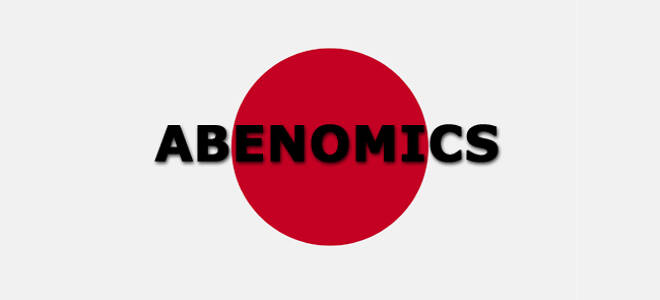Advertisement
Advertisement
Watch The Japanese Yen For A Double Dose Of Stimulus
By:
The Bank of Japan may have gotten a reprieve this week courtesy of Mark Carney and the Bank of England. After the Brexit vote on June 23rd the Japanese
The Bank of Japan may have gotten a reprieve this week courtesy of Mark Carney and the Bank of England. After the Brexit vote on June 23rd the Japanese yen soared to trade at its highest level since the Bank of Japan started its massive stimulus program. The USDJPY actually fell below the 100 price point briefly. Today the USD/JPY has recovered to 105.98 its highest price in weeks. The yen headed for its worst week since 1999 on speculation Prime Minister Shinzo Abe’s stimulus plan will weaken the currency and as better-than-expected Chinese economic data sapped demand for havens.
Japan’s currency declined 5 per cent this week, the worst performer against the dollar among 16 major currencies tracked by Bloomberg. Its one-month historical volatility rose to its highest since December 2008 yesterday. The yen also fell as demand for the safest assets eased after new UK Prime Minister Theresa May formed a government, ending a political stalemate that followed the nation’s vote to leave the European Union.
Signs that policy makers from Tokyo to London would respond with stimulus to prevent a Brexit-driven slowdown pushed the yen down at least 3 per cent against all of its 31 major peers this week. Declines accelerated after Abe increased his majority in last weekend’s upper house election, winning a fresh mandate to put life into efforts to boost consumer prices and economic output.
The prospect of stimulus to boost economies sapped demand for haven assets this week. Appetite for higher-yielding investments ramped up as the Bank of England’s first policy decision since Brexit saw officials signal more stimulus in August, even as they refrained from an anticipated rate cut.
The big catalyst for a change in the yen’s direction was likely to come from Prime Minister Shinzo Abe’s ruling coalition winning a landslide victory in upper house elections over the weekend, a development analysts said would make it far easier to push through his economic agenda, dubbed Abenomics.
Analysts expected Abe’s coalition would now be able to push through fiscal stimulus of potentially as much as 20 trillion yen ($190 billion), which would be around 4 percent of GDP.
The Bank of Japan was already widely expected to introduce further easing, potentially as soon as its next meeting, which ends July 29. The government and the central bank now appear poised to coordinate their firepower.
Japan cut its forecasts for growth and inflation as two key advisers to Prime Minister Shinzo Abe urged coordinated stimulus from the government and the central bank to support the ailing economy.
Current thinking in the government is for a fiscal package of about 10 trillion yen ($96 billion), according to people familiar with the discussions.
Following an election over the weekend in which the ruling party and its coalition partner expanded their majority in parliament’s upper house, Abe has ordered his ministers to compile a fiscal spending package.
In the past week, Japanese markets have seen hyped-up speculation that the government will resort to using what’s called “helicopter money”, where a central bank directly finances budget stimulus through programs such as perpetual bonds.
With Prime Minister Shinzo Abe preparing a big spending package to be announced as early as this month, the Bank of Japan will remain under pressure to expand monetary stimulus at its rate review on July 28-29, analysts say.
About the Author
Barry Normanauthor
Advertisement
